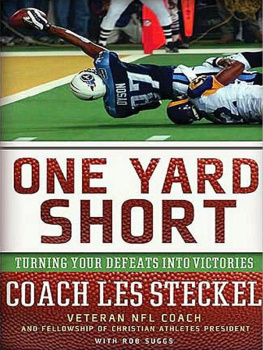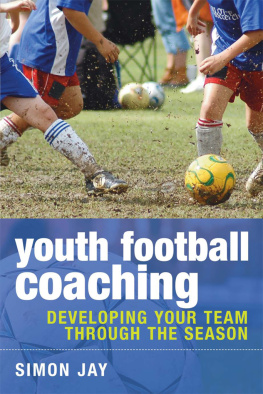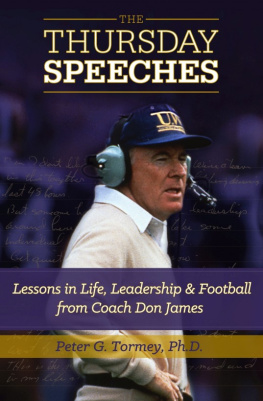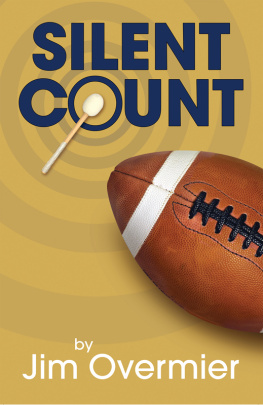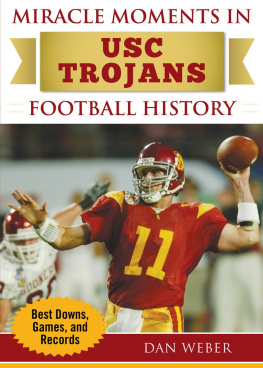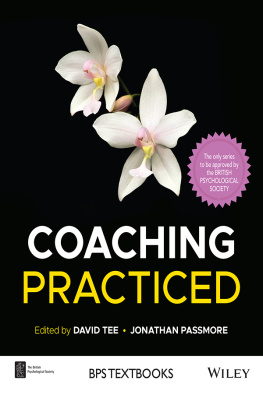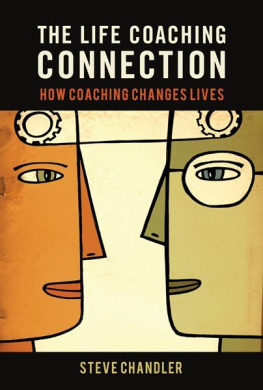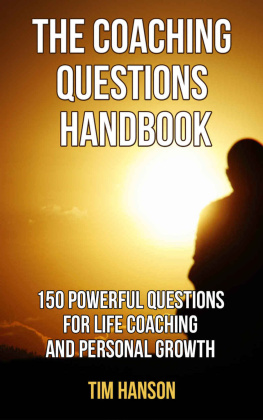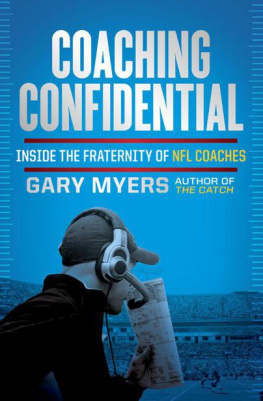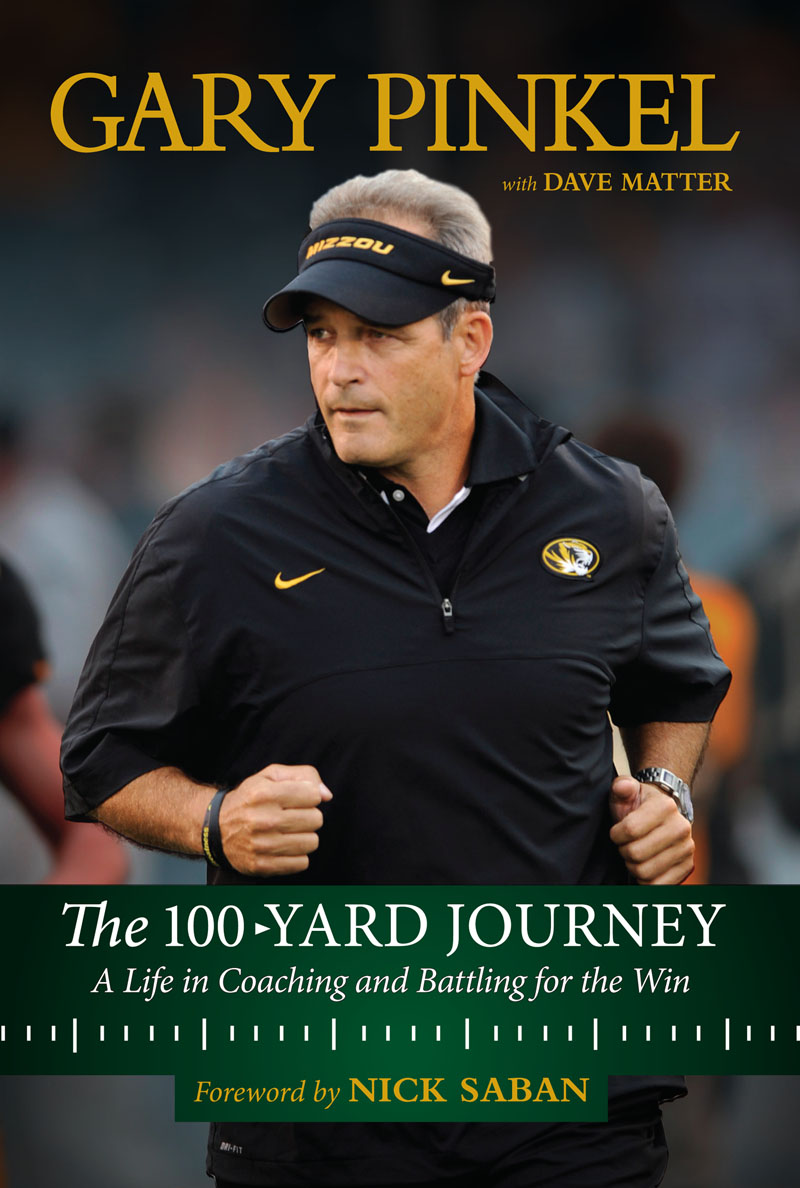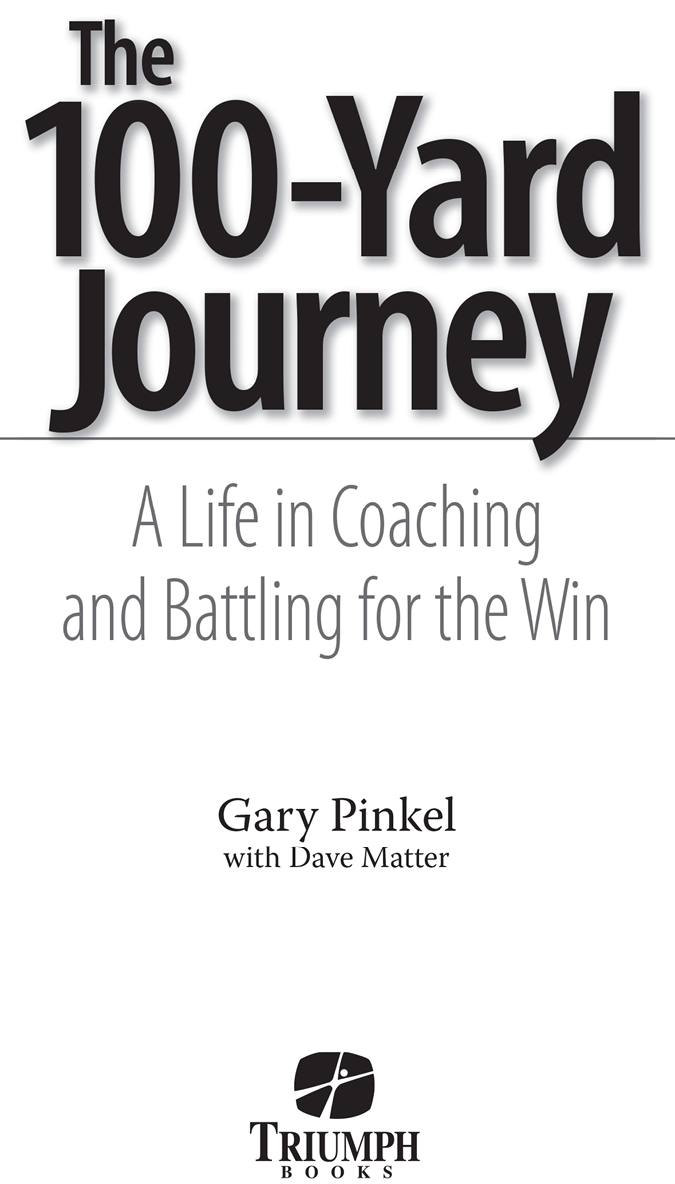
Contents
Foreword by Nick Saban
My friendship with Gary Pinkel began when we were teammates on the Kent State University Golden Flashes football team in the early 1970s. Gary was a great friend in college, and we have remained steadfast and loyal friends throughout our coaching careers. The first thing that stood out when I met Gary was the class and presence he exuded, albeit in a very unassuming way. He was actually a year behind me; however, from the get-go, he demonstrated a leadership quality that set him apart from all of the other guys on the team. Gary was a very talented tight end, yet he worked harder than any player on the roster and, without meaning to, set a standard for our team that we all tried to emulate. Even though I was older, I regarded Gary as someone I could look up to. He was what I wanted to be. Though composed off the field, Gary was a tough, competitive, fearless player on the field and made our team better every time he stepped foot on the turf. Gary was part of the 1972 Mid-American Conference championship team, the one and only for Kent State University, an accomplishment we are both very proud to have achieved under the direction of another one and only, Coach Don James.
It would take volumes to recap the highs (championship season), the lows (Kent State shooting), and everything in between that we shared, however, some of my favorite Pinkel Stories stem from our days as graduate assistants. After the conclusion of my playing days in 1972, Coach James asked me to stay on as a graduate assistant. Gary, Jack Lambert, and our team went on to lead the Golden Flashes to a 92 record, and, following the 1973 season, Gary was offered a graduate assistant position by Coach James. The GAs role in todays world of football is a walk in the park compared to the time, work, and effort we invested in breaking down film for coaches to evaluate. Nowadays, GAs simply press a button on their computer, a software program breaks down the film, and voilathe cut-ups are on the screen. Gary and I used to have to take turns driving to Pittsburgh every Saturday night after our games just to get the film developed! One of us would make the drive while the other slept. The sleeper would then pull an all-nighter breaking down the film into offense, defense, and special teams so each specific set of film was ready for the coaches to view upon arrival to the office early the next morning. We had to do the same thing in the offseason, toocutting up the plays; placing (and a lot of splicing!); recording each play, down, and distance; and then putting it all on a reel. Were talking celluloid tape here, folks. Brittle, delicate, forever-jamming celluloid tape! Trust meGary and I performed many 11 th -hour miracles that Im certain no one in coaching today would even dream of doing! The hours logged and the output of work was incredible; when I think about it today, Im not sure how we packed it all in! Gary always had a tremendous work ethic, which served him well and, I believe, was paramount to his success at Toledo and Missouri.
Obviously Coach James was a tremendous influence in terms of his organization and philosophy. He cared about us as players and maximized our potential on the field. However, he put a greater emphasis on our personal development, the importance of getting a degree, and our evolution post-KSU. Gary followed that protocol as a player; however, it was during our time as graduate assistants that his real prowess and skill to develop a program and be a good coach became quite evident. He continued to perfect his craft as an assistant coach and coordinator at several stops until 1991, when he took over for me as head coach at the University of Toledo, and was presented yet another challenge in 2001 when he landed the head coaching gig at the University of Missouri. Gary had a brilliant career with the UT Rockets and an equally successful tenure with the Missouri Tigers. In fact, he still owns the record at both schools for all-time wins. There are a lot of similarities between the programs weve built over the years. However, I have no doubt that the successes we have achieved stem from our days under the tutelage and mentorship of Coach Don James.
Garys story is one everyone should know and illustrates how perseverance, hard work, and dedication can lead to tremendous success while impacting so many student-athletes both on and off the football field. The real takeaway from this book is that Gary accomplished all of these milestones with the utmost class, character, and integrity. As you read this book, I know you will appreciate the message Gary has to deliver while he recounts the trials and tribulations of a truly outstanding college coaching career.
Nick Saban
Introduction
I never thought this day would come. Coaches dont retire. They get fired. For the first time, the end of my coaching career was in sight. I was leaving on my terms.
It was Monday, November 16, 2015. Our Missouri football team was coming off an emotional win over BYU with two games left in what would be my final season.
I remember walking through the back service entrance of Mizzou Arena as if I were sneaking into a mens basketball game. But this day was different. Ive experienced many press conferences that were difficult, emotional, celebratory, and even frustrating. This one seemed like all of the above. Three days earlier, I had announced during an emotional team meeting my plans to retire at the end of the season and revealed that I had been diagnosed with lymphoma in the spring, just days after my 63 rd birthday. This was my first chance to speak at length about my decision. Gathered in a small room off the court were my family members, my wife, daughter, son-in-law, and grandkids. I felt a mixture of relief and loss and hope, but fortunately I was surrounded by their support and love.
The commotion from the Mizzou Arena floor was getting louder and soon it would be time to take our place for the press conference. Like little soldiers, my team of family members took the field wearing their best game faces for what would be the hardest, most emotional play of my career. Our season wasnt over, but that day felt like my chance to close a chapter on a 15-year run that delivered more triumphant wins than crushing losses and more historical milestone moments than I ever could have imagined when I came to Mizzou after the 2000 season and inherited a program with two winning seasons in 17 years.
I saw it all in those 15 years at Mizzou. We took the program to heights unseen in decades: 10 bowl games over 12 seasons, five division championships, and four conference championship games in eight years. We maneuvered through conference realignment. We encountered challenges that arent included in any coachs manual. What happens when one of your players dies during a workout? What happens when one of your players says hes gay? What happens when your players stage a boycott in the middle of the season to save a persons life? Through it all, we turned the University of Missouri into a nationally respected football program that won games, graduated players, and produced young men who became successful professionals in all walks of life and, most importantly, good husbands and fathers.
When I decided to retire, I didnt have a plan for how Id approach the rest of my life. I certainly didnt think about publishing a book. This project started to take shape in the fall of 2016, then rapidly developed into the story of my life and career in football.


